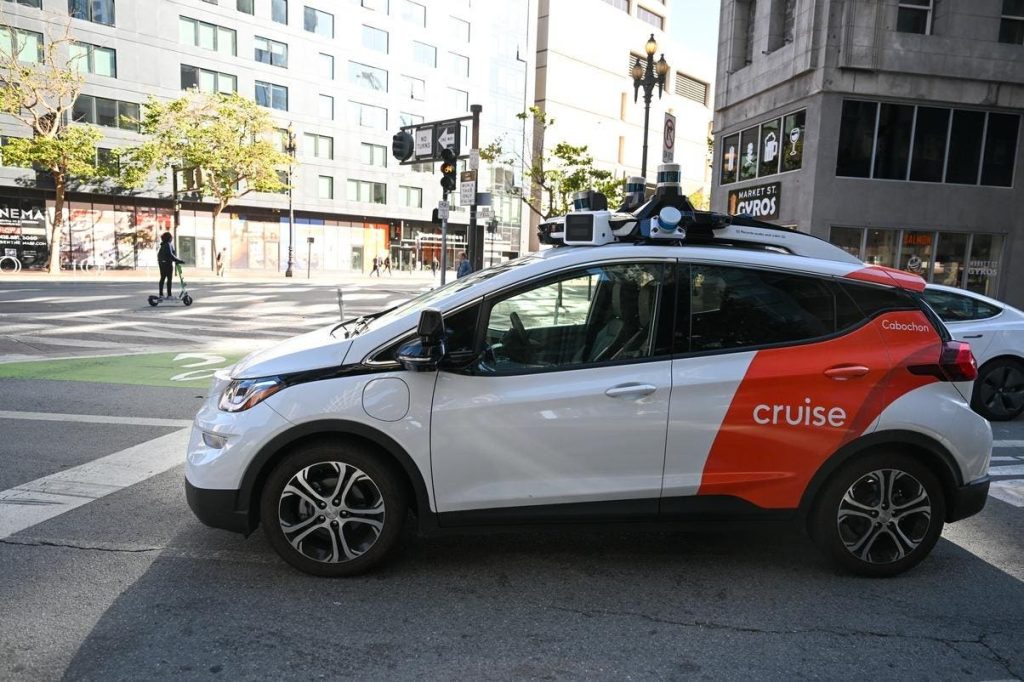General Motors announced a new investment of $850 million into its self-driving division, Cruise, during the Deutsche Bank Global Auto Industry Conference. GM has already lost over $8 billion on Cruise, with no significant revenue to show for it. The additional funding is intended to provide time for a strategic review of the division’s future, according to GM’s chief financial officer Paul Jacobson. Tiffany Testo, a company spokesperson, expressed appreciation for GM’s ongoing support.
Cruise has been facing challenges since an incident in October 2023 in San Francisco where one of its autonomous cars dragged a woman after she was hit by a car. Following the incident, California regulators revoked Cruise’s permits, leading the company to shut down its fleet voluntarily. The company has not resumed operations in California. Mo Elshenawy, the company’s president and chief technology officer, announced a more cautious approach for Cruise in a December email viewed by Forbes.
Despite concerns about the viability of Cruise, GM continues to invest in the division, leading some experts to question the decision. Phil Koopman, an expert on autonomous vehicles, suggested that GM could be positioning itself to sell Cruise or shut it down. Cruise recently resumed “supervised driving” without passengers in Phoenix, Arizona, and Dallas, with plans to expand testing to Houston. Waymo, Cruise’s competitor, has remained a leader in autonomous driving, conducting robotaxi operations in various cities.
Elshenawy expressed optimism about Cruise’s future, highlighting the potential for autonomous vehicles to improve safety and efficiency in transportation systems. However, Cruise’s cofounder Kyle Vogt has already raised $150 million for a new robotics startup since leaving the company. Cruise has not named a new CEO following Vogt’s departure but has two presidents, including Elshenawy and Craig Glidden, a GM executive. The company faces ongoing challenges as it works to establish itself in the competitive autonomous driving market.
Overall, GM’s continued investment in Cruise reflects its commitment to developing autonomous driving technology despite past setbacks. The company’s decision to conduct a strategic review suggests a willingness to adapt and evolve in response to market challenges. Cruise’s cautious approach and focus on safety signal a shift in priorities following past incidents. With the expansion of testing to Houston and ongoing competition in the autonomous driving sector, Cruise will need to demonstrate its ability to innovate and compete effectively to secure its place in the market.


